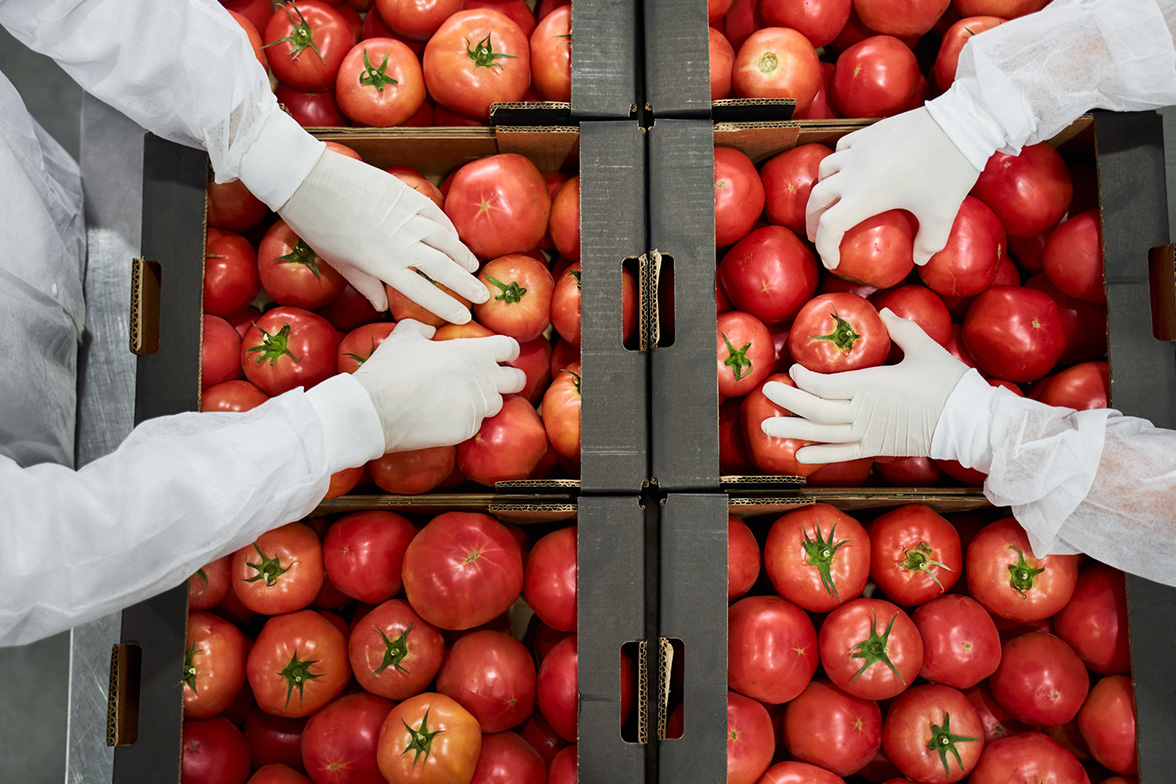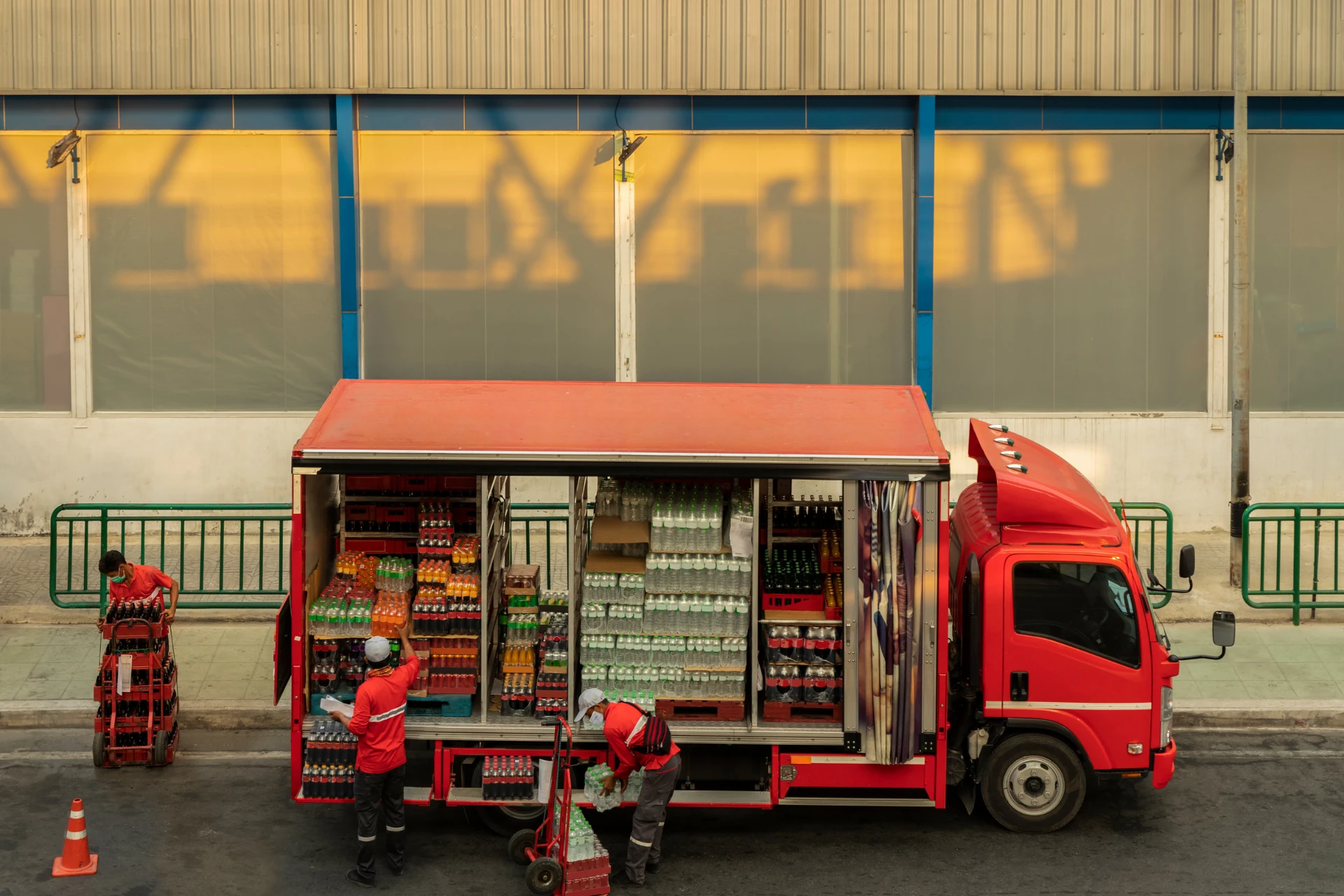Table of Contents
Join our
Mailing List
Stay up-to-date with BREW MOVERS latest news and service offerings.

Logistics 101: A Beginner’s Guide to Logistics Management
Published Date: 16 October 2024
Logistics management is critical to any successful brewery. It involves the strategic coordination of resources for efficient movement of goods across the supply chain. This process includes procurement, storage, transportation, and distribution of products.
For new business owners, grasping the intricacies of logistics is essential for seamless operations. In this Logistics 101 guide, learn about logistics concepts and practices you can apply to drive your business to success.
What is Logistics Management?
Logistics management involves careful organization and management of the flow of goods and services. It covers the entire journey of a product, from the moment raw materials are acquired to final delivery to the customer.
Think of it as a network connecting different parts of your business. Logistics for beginners involves getting supplies in the supply chains, storing them properly, moving them, and making sure they reach their destination on time and in good condition.
Strong logistics fundamentals help place the right products in the right location at the right time. This requires careful planning, coordination, and the use of various tools and strategies to streamline operations and meet customer expectations.

Image Source: Canva
Why Logistics Management Matters
Logistics management isn’t just about moving things around—it’s vital to your business’s success. Logistics done right can significantly impact your bottom line, customer satisfaction, and ability to grow. Here’s how:
- Cost Savings: Streamlining processes and optimizing routes with the basics of logistics cuts your transportation and storage expenses. Smart logistics finds ways to remove unnecessary costs and improve your profit margins.
- Happy Customers: Good logistical management guarantees prompt deliveries and prevents damage, leading to happier customers and repeat customer demand.
- Efficient Operations: Good logistics help your business run smoothly. Managing logistics properly ensures you have the right materials when and where you need them, keeping your operations running like a well-oiled machine without production delays.
- Business Growth: As your business grows, so does your logistics process. Logistics management allows you to scale your operations and expand into new markets without sacrificing efficiency or customer satisfaction.
Types of Logistics Management
Logistics management is a multifaceted field encompassing various activities and processes, each with its own unique focus and objectives. Understanding these different types of logistics is key to effectively managing the flow of goods and services throughout your business operations.
Inbound Logistics
Inbound logistics management focuses on acquiring and storing resources required for producing goods or services. This includes sourcing raw materials, components, and other necessary supplies from various vendors and suppliers.
Inbound logistics that are done well ensure that the right materials are available at the right time to maintain smooth production processes and prevent costly delays. It involves:
- careful planning and coordination with suppliers;
- streamlined receiving and warehousing processes. and
- accurate inventory management to avoid stockouts or overstocking.
Outbound Logistics
Outbound Logistics 101 focuses on distributing and delivering finished products to end consumers or customers. This involves order fulfillment, packaging, shipping, and transportation management to have timely and accurate delivery of goods. Outbound logistics prioritizes customer satisfaction by meeting delivery expectations and providing a positive delivery experience.
Reverse Logistics
Reverse logistics manages the flow of products customers return for various reasons, such as defects, repairs, or replacements. It also includes handling recyclable materials and waste disposal.
Reverse logistics reduces return costs, streamlines the processing of defective or unwanted products, and promotes environmental sustainability through proper recycling and waste management practices.

Image Source: Canva
Supply Chain Management
Compared to the previous types of logistics management, supply chain management takes a broader perspective, encompassing all activities involved in getting a product from raw materials to the end consumer.
It includes inbound, outbound, and reverse logistics, but also planning, sourcing, production, and customer service. Supply chain management requires a holistic approach, integrating all aspects of the process to optimize efficiency, reduce costs, and enhance customer value.
Distribution Logistics
Distribution logistics basics focus specifically on moving goods from a warehouse or distribution center to the final customer. It involves efficient warehousing operations, inventory management, and transportation planning to ensure timely and cost-effective delivery.
Third-Party Logistics (3PL)
Third-party logistics management (3PL) involves outsourcing some or all of your logistics operations to a specialized company. 3PL providers offer a range of services, including warehousing, transportation, and order fulfillment. Using a 3PL provider allows businesses to focus on core competencies, while benefiting from the expertise and infrastructure of a dedicated logistics provider.

Image Source: Canva
Tips for Effective Logistics Management
Now that you have a foundational understanding of Logistics 101, let’s explore some practical tips to help you streamline your operations and achieve greater efficiency.
- Plan and Optimize: Develop a clear logistics for beginners plan that outlines your processes, from procurement to delivery. Identify potential bottlenecks and optimize your workflows to minimize delays and reduce costs.
- Embrace Technology: Use logistics software and technology solutions to automate tasks, track shipments, and manage inventory. This gives you better visibility and control over your operations, even when knowing only logistics basics.
- Choose the Right Partners: Selecting reliable suppliers, carriers, and other logistics partners aligned with your business values is logistics 101. Build strong partner relationships to ensure smooth collaboration, consistent service, and reduced freight fraud risk.
- Prioritize Communication: Maintain open and transparent communication with your suppliers, customers, and logistics team. Clear communication prevents misunderstandings, manages expectations, and resolves issues promptly.
- Focus on Customer Service Management: Make customer satisfaction a top priority in your logistics and supply chain management operations. Ensure timely and accurate deliveries, provide proactive communication, and be responsive to customer demands, inquiries, and concerns.
- Monitor and Improve: Regularly track key performance indicators (KPIs), such as delivery times, order accuracy, and transportation costs. A key part of logistics basics is analyzing this data to identify areas for improvement and continuously optimize your logistics processes.
Leave the Craft Beverage Logistics to the Experts
Don’t let logistics management slow you down. Brew Movers is your trusted partner for comprehensive logistics solutions. We specialize in the secure transport of beer, wine, spirits, kombucha, and other craft beverages.
Our team knows all there is in logistics 101 and handles all aspects of the logistics process, from sourcing raw materials to delivering the finished product, ensuring temperature control, proper handling, and compliance with all regulations.
With over 20 years of experience in the craft beverage industry, we have gone beyond logistics for beginners and understand your unique needs and challenges. Our white-glove services provide peace of mind, allowing you to focus on what you do best: creating exceptional beverages.
Contact Brew Movers today for a free consultation, and let our expertise optimize your supply chain.




